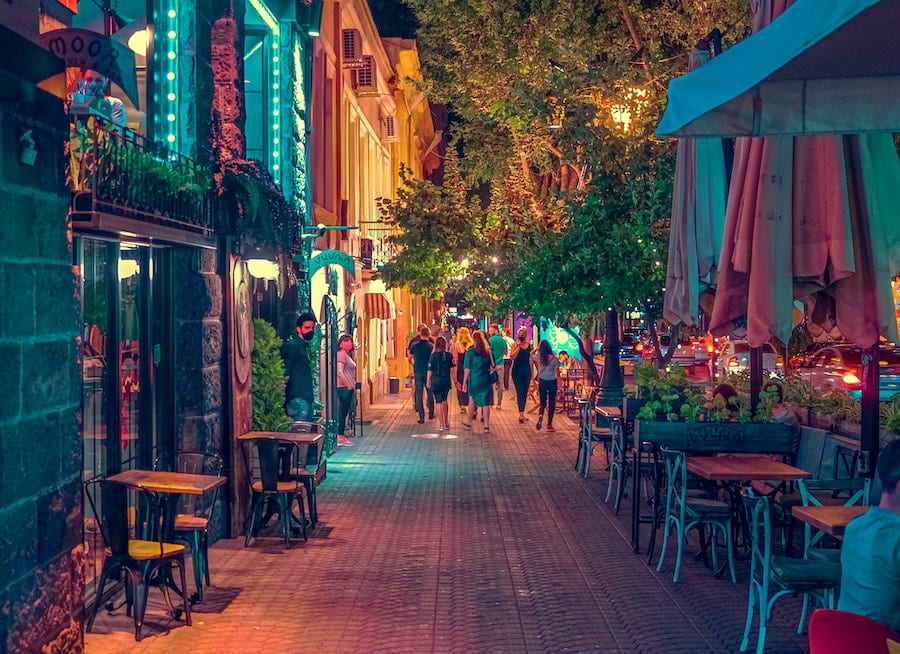Now that summer has well and truly arrived, we outline what the latest rules are for travellers wanting a bit of La Dolce Vita in Italy.
Day trips to Italy have long been a pastime for those living on the Côte d’Azur and in Monaco, especially in summer when the idea of shopping in open-air markets followed by a leisurely lunch in a family-run restaurant in the sun has a nostalgic appeal for a Covid-weary public.
This return to a semblance of normalcy is most welcome, but there are still some regulations to be followed when entering the country.
As of 28th June, mask-wearing will no longer be required outdoors, according to Italian Minister of Health Roberto Speranzo. The decision comes from a steep drop in the number of cases, though the advice is that masks should be worn, even outdoors, in larger gatherings where the risk of spreading the Covid virus is higher.
This does not mean social distancing measures should be dropped, and people are still required to carry masks, though from the 28th, they will only have to wear them in indoor public places.
From 1st July, the EU’s health pass will be recognised for internal travel within the Schengen region. The Covid-19 green pass will be valid as a digital certificate and should facilitate travel to and from all EU countries, Italy included, making travel less hassle.
This certificate will have either proof of vaccinations, a negative test result or proof of recovery from the virus in the last six months. A locator form is still required and will ask for the same information that is provided on the health pass.
Some visitors will be exempt from having to produce a negative Covid test. These include vaccinated travellers, those who will stay for no more than 120 hours in the country for the purpose of work, health or an emergency, those who are transiting the country in private modes of transport not to exceed 36 hours, travellers making an international transit through an airport who do not leave the airport, frontier workers, staff from companies and institutions with registered or secondary headquarters in Italy not to exceed 120 hours, students in Erasmus-type study programmes, and children under six years of age.
There is no quarantine for entering Italy, nor is there a quarantine for re-entering France or Monaco.
The green pass will be necessary for those who would like to attend weddings and large events such as fairs and concerts.
The Italian government has said that nightclubs will be reopening in “early July” but is yet to set a firm date. The green pass may be used as a criteria for entry and no decision has been made on whether people will need to wear masks.
In an interview with Italian broadcaster RTL 102.5 on Tuesday, Deputy Health Minister Andrea Costa shed some light on the matter, saying that nightclubs will be able to reopen “within the first 10 days of July.”
This is welcome news for club owners, who are holding on by their fingernails financially.
“We expect to be able to reopen on 4th July, because to go beyond that would be unsustainable,” Maurizio Pasca, president the trade association of clubs with dance, told news agency Ansa. “We expect common sense.”
“The government should not make us miss the first weekend in July, because our businesses are open at most twice a week. For the country, that date would not change anything, but for us it would,” he added.
So, the alpha and omega on travel to Italy is that a green pass is a golden ticket to entry and for that authentic pasta lunch you’ve been craving for 18 months.
Photo by Levon Vardanyan on Unsplash
What are rules for travel to Italy?
